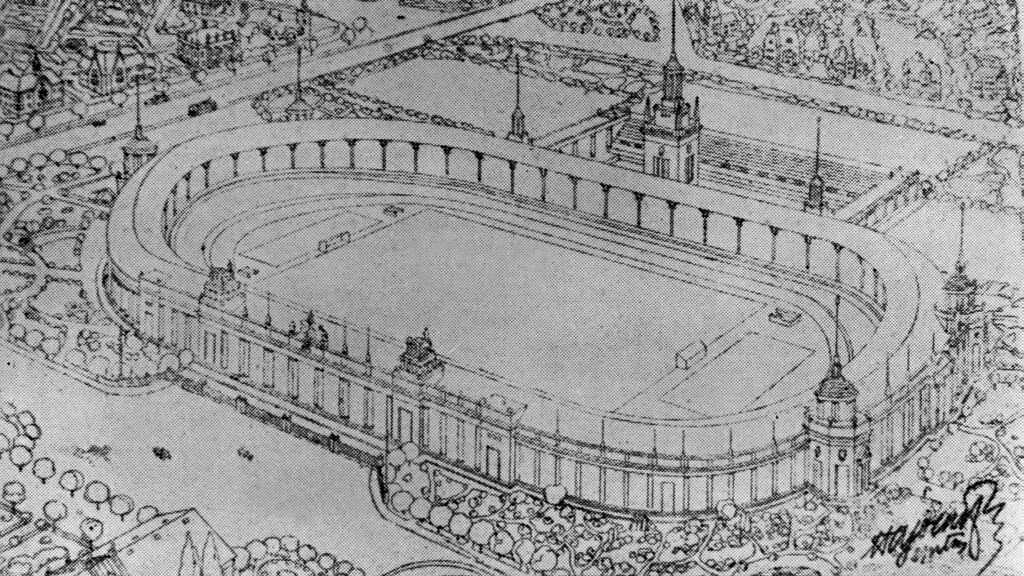After months of tensions between federal institutions in Bosnia and Herzegovina and President of Republika Srpska Milorad Dodik, the Court of Bosnia and Herzegovina has lifted the arrest warrant it issued in March against the Bosnian Serb leader. The decision followed Dodik’s voluntary appearance at a court hearing last week in Sarajevo.
Following the withdrawal of the warrant, Dodik was placed under a restraining order and ordered to report to the Laktaši Police Station every 15 days.
Dodik’s Road to the Sarajevo Court
Bosnia and Herzegovina, established by the Dayton Agreement in 1995, consists of two entities: the Federation of Bosnia and Herzegovina and Republika Srpska, forming one of the most complex political systems in Europe. Both entities have their own legislative, executive, and judicial branches, mirrored at the federal level. Additionally, to oversee tensions between the country’s three constituent ethnicities—Bosniaks, Croats, and Serbs—the Dayton Agreement established the Office of the High Representative, appointed by the international community and vested with extensive powers, including the authority to impose or annul laws and remove officials at both state and entity levels, including elected representatives.
After years of tension between Dodik and the federal institutions of Bosnia and Herzegovina, largely due to his view that certain federal bodies and the Office of the High Representative act against the original goals of the Dayton Agreement—and are therefore illegitimate—the Court of Bosnia and Herzegovina, on 26 February, sentenced Dodik to a one-year prison term and a six-year ban from holding public office. He was found guilty of undermining the constitutional order of Bosnia and Herzegovina for ignoring laws imposed by the High Representative. The legal proceedings were characterized by many, including Hungarian Prime Minister Viktor Orbán, a long-time ally of Dodik, as politically motivated. Dodik rejected and appealed the ruling immediately.
Additionally, Dodik introduced legislation aimed at curbing the authority of federal institutions within Republika Srpska and threatened High Representative Christian Schmidt with arrest should he enter RS territory. In mid-March, the Court of Bosnia and Herzegovina issued both a federal and an international arrest warrant for Dodik—a development largely ignored by the RS leader, who continued to travel to Israel, Russia, and Serbia. Sarajevo requested that Interpol issue a red notice for Dodik, but the agency declined, reportedly due to opposition from Serbia and Hungary.
Mixed Interpretations
The annulment of the warrant marks a significant development in the years-long tensions, interpreted very differently in Bosnia and Herzegovina and Republika Srpska. Following the court hearing, Milorad Dodik stated that his appearance was politically motivated. ‘You all know that this process was politically motivated and that the Court of Bosnia and Herzegovina and the Prosecutor’s Office of Bosnia and Herzegovina are not provided for by the Constitution of Bosnia and Herzegovina, so my going there was also politically motivated,’ he said.
Dodik’s opponents in Republika Srpska accused him of betraying his own position, arguing that he had long insisted the entity was powerful enough to defy federal institutions, while negotiating secretly with the Court of Bosnia and Herzegovina.
In the Federation of Bosnia and Herzegovina, however, Dodik’s arrival in Sarajevo is viewed by many as a victory for the state. ‘It is a great thing that Dodik has finally recognized the Court and Prosecutor’s Office of Bosnia and Herzegovina, that he appeared voluntarily, and that is a great victory for the judiciary of Bosnia and Herzegovina,’ emphasized Union for a Better Future of BiH (SBB) leader Fahrudin Radončić.
‘It seems that Bosnia and Herzegovina no longer exists’
Nonetheless, there is also a strong argument that the developments surrounding the case reflect the weakness of the federal state, as Dodik has managed to avoid both detention and arrest. ‘It seems that Bosnia and Herzegovina no longer exists. It was extinguished by those who made this kind of agreement; that is more than obvious. The thesis that Dodik bowed down to the Prosecutor’s Office and the Court, that he recognised them, may be valid in part, but the essential thing is that a decision was suddenly changed and that the institutions of Bosnia and Herzegovina failed to implement the orders they themselves issued,’ political analyst Stefan Blagić explained to Sarajevo Times.
Dodik is currently awaiting a second-instance verdict in the trial. In an interview with Hungarian Conservative in April, he stressed that ‘Republika Srpska is fighting for the sovereignty of both itself and Bosnia and Herzegovina, but exclusively in accordance with the Dayton Peace Agreement,’ and asserted that the current constitutional crisis would be resolved ‘through political and legal means’ alone.
Read more:







